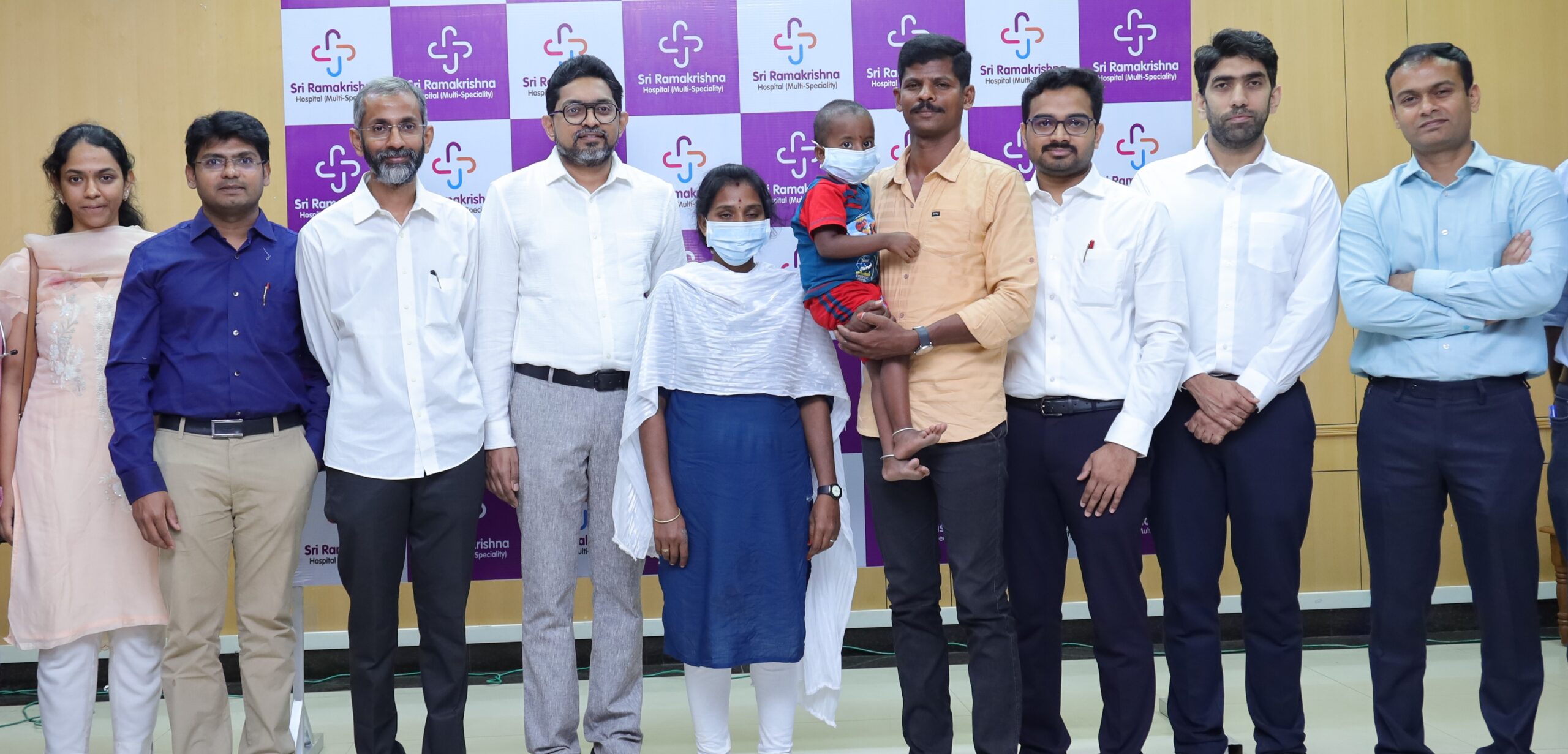Trending Now
- 830 voters names go missing in Kavundampalayam constituency
- If BJP comes to power we shall consider bringing back electoral bonds: Nirmala Sitaraman
- Monitoring at check posts between Kerala and TN intensified as bird flu gets virulent in Kerala
Coimbatore
Potential in technical textile sector yet to be tapped properly
![]() December 22, 2016
December 22, 2016
Due to the lack of awareness and lesser penetration in rural areas, the vast potential in the technical textile sector is not being tapped properly, a senior official in the Office Of The Textile Commissioner said here today, even as major textile associations extended support for the growth of the sector.
Though technical textiles sector is growing at a Compounded Annual Growth Rate (CAGR) of 11.8 per cent and is expected to reach Rs 1.16 lakh crore by 2018, the major products are being imported to the Indian market, with the domestic manufacturers confining to limited products, Deputy Director in the Office of The Textile Commissioner T L Balakumar said.
He was speaking at a seminar cum exhibition on ‘Investment Opportunities in Technical Textiles and Non-wovens’ organised by FICCI and the Office of The Textile Commissioner.
Stating that there were about 2,220 functioning manufacturing units in India, Balakumar said that 932 units were registered with his office and confined in making woven socks, tyre cord fabrics, sport shoes components, industrial textile and fishnets, with a huge potential in automotive and geotextiles remaining untapped.
The Government under the scheme of promoting usage of geotextiles in the north east region, has allocated Rs 427 crore for 2014-15 to 2018-19, with only Rs 5 crore for the rest of India, he said.
In his address, Tirupur Exporters Association President Raja M Shanmugham said that the knitwear hub of Tirupur was totally concentrating on non-aesthetics wear and wanted to diversify to functional wear.
In order to achieve the targeted turnover of Rs 1 lakh crore by 2020 from the present Rs 36,000 crore, both domestic and export, Tirupur may also tap the technical textile segment, he said and requested the Centre to start a Centre of Excellence in the city.
Southern India Mills’ Association Chairman M Senthilkumar said that with 11 per cent CAGR, technical textile contributed 12 per cent of Indian textile industry and has the potential to increase it to 20 per cent.
Being part of the textile industry, textile mills will extend any support for making investments in technical textiles and non-wovens and make it a success, he said.























